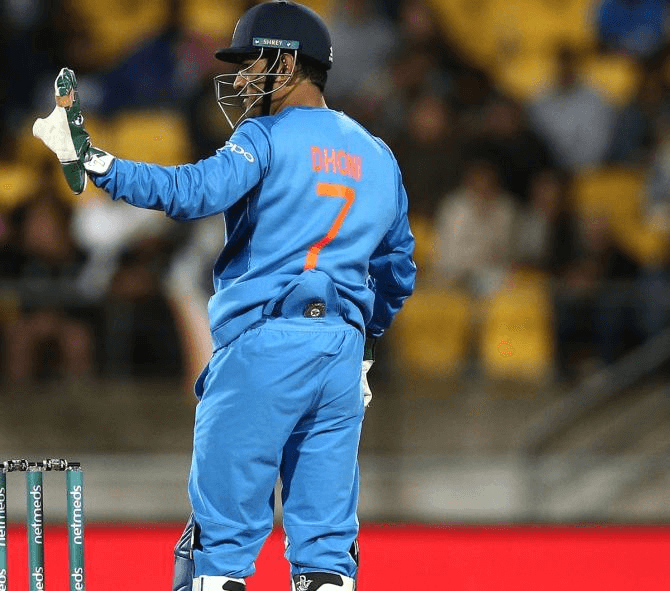Rohit decided to drop himself when Indian cricket’s journey had been more than tumultuous in Australia. This tour has blended blunders and missed targets, from bewildering team selections to a batting order in chaos to missed chances at key moments. In this context, perhaps, his decision is one of the most clear-headed, self-aware decisions made by any Indian captain in recent memory. Have a look at the experts’ opinion on this at CricketStadium.
Cricket gives you some leeway there; often, it absorbs their personal anxieties for the benefit of the greater good. But Rohit had the bigger picture in mind, and his run of abysmal shows had not missed him.
India had their best XI to take the field to salvage a must-win game, and right now, when push came to shove, he was not in that XI. By withdrawing from contention, he opened the door for a fresher, more in-form player to step through — a decision that could well define this series, whatever its outcome.
The Rarity of Self-Dropping Captains
In cricket, captains resigning in the middle of the series are rare. They are even rarer when motivated solely by performance. MS Dhoni gave up the captaincy and Test cricket itself mid-series, and Kim Hughes and Nasser Hussain stepped down under extreme pressure.
But a captain standing himself down for one Test for reasons of form is practically unprecedented. The most notable precedent came in 1974-75 when England’s Mike Denness stood down after several failings.
Rohit’s move reflects a rare combination of humility and self-awareness in elite sports, which conditions athletes to back themselves against the odds.
The Fickleness of Sport and Leadership
Rohit Sharma’s trajectory over the last 12 months demonstrates the fickleness of sport. Just months ago, he was lauded as a transformation leader, admired for his calm disposition and tactical acumen.
His exploits in 2024—including a triumphant T20 World Cup campaign and an audacious Test series win on English soil—ensured that he secured his spot in the pantheon of modern cricketing greats.
His recent woes with the bat had brought these fractures into sharper relief, and the whispers in the dressing room had only grown louder.
The Burden of Secrecy
The decision was commendable, but the secrecy surrounding it diminishes its impact. Press conferences featured cryptic responses, the charade of rest versus being dropped, and a refusal to name names, fueling unnecessary drama. Why cloak a noble gesture in intrigue?
In cricket, being “dropped” is no disgrace. It’s a natural part of the team dynamic. By avoiding the term, Indian cricket perpetuates a misplaced stigma.
How much better would the narrative all be if Rohit had stood up to the media and been honest about it if he had taken ownership of the decision as one for the team? Such transparency would not only have raised his stature. It would also have made what should be a staple of team sports feel normal.
A Legacy of Selflessness
Rohit Sharma’s act, even when not done well, attests to his commitment to Indian cricket. It was a choice that pronounced his fidelity to the collective over the individual in a team in a search for its groove. It reminds us that leadership isn’t only about boldly going forward. It’s also about understanding when to step aside for the good of the whole.
Whether or not India’s fortunes change with Shubman Gill’s inclusion in the final test travel card. The decision will linger as the most poignant reminder of what’s at stake, arguably the heaviest of burdens leaders bear. For fans and cricketing purists of all kinds. It’s a moment to reflect on the game and the human dimensions of leadership — courage, vulnerability, and the willingness to do the right thing when it’s the most difficult.
Conclusion: The Way Forward
Rohit Sharma probably will not bat in this match, but his decision has resonated louder than any of his performances on the field. It illustrates how all leaders can proceed and guide their people: They can lead with their deeds, self-awareness, and humility.




